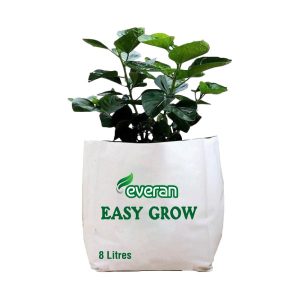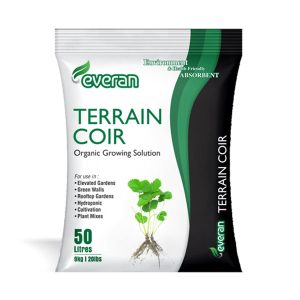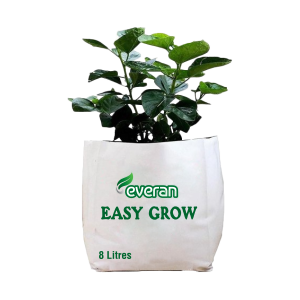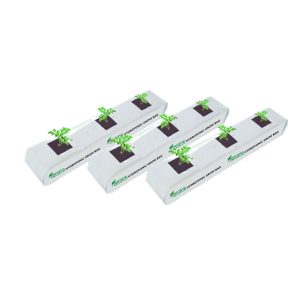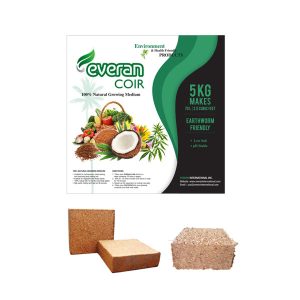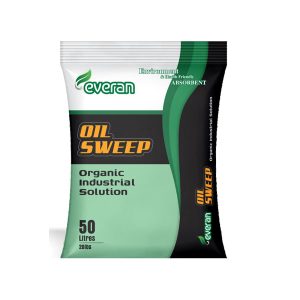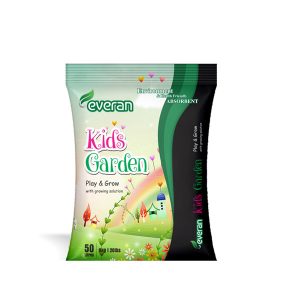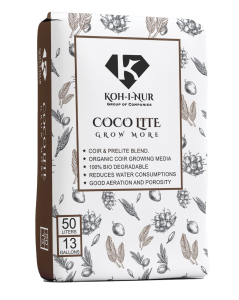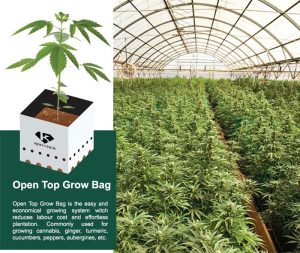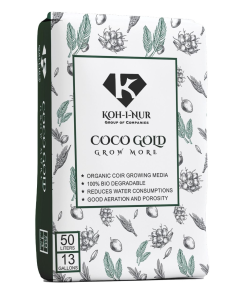Introduction to Coconut Coir:
In the global pursuit of sustainable living practices, coconut coir has emerged as an eco-conscious choice, championing environmental responsibility while offering a multitude of practical applications. Derived from the husks of coconuts, this natural fiber has found its way into diverse industries, from agriculture and construction to everyday household products. In this in-depth exploration of coconut coir, we uncover not only its production process and environmental advantages but also why we need it, how we use it, and the innovative ways it is shaping our sustainable future.
What is Coconut Coir?
Coconut coir, often referred to simply as coir, is a natural fiber extracted from the husk of coconuts (Cocos nucifera). This fibrous material, traditionally considered a waste product of the coconut industry, has gained immense popularity due to its remarkable versatility and eco-friendly attributes. Coir is processed through a series of steps, including soaking, crushing, and cleaning, to extract the long, sturdy fibers. What makes coir truly exceptional is its ability to retain water while still providing excellent aeration, making it an ideal growing medium for plants. It has found applications in gardening, agriculture, and various industries, serving as a sustainable alternative to peat moss and other soil amendments.
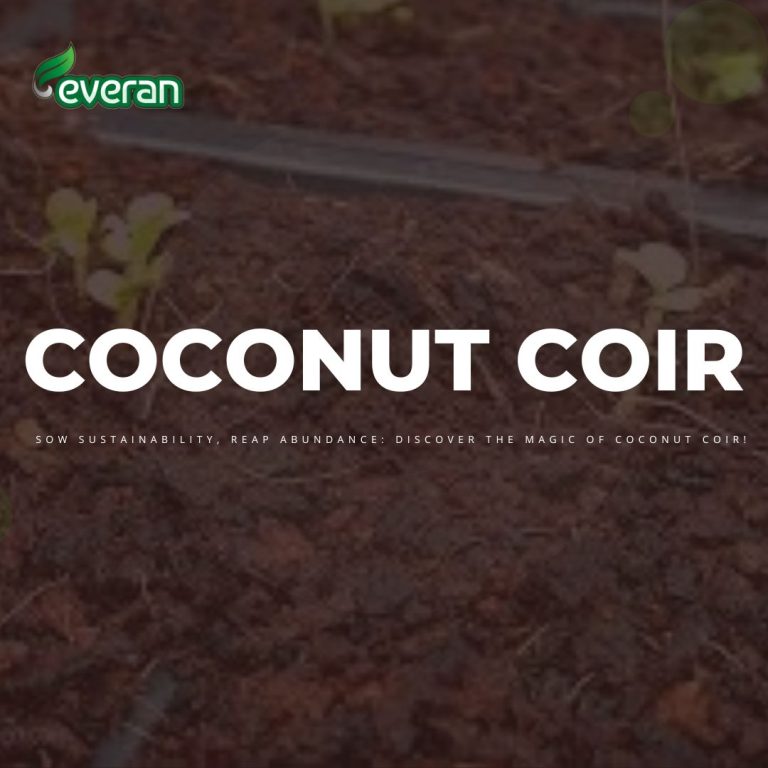
The Production Process of Coconut Coir:
Coconut coir’s journey from coconut husks to valuable fiber involves several stages of processing. Initially, the husks are soaked in water to soften them, making it easier to extract the fibers. Mechanical processes, including crushing and combing, separate the fibers from the husks. After cleaning and treatment for specific applications, these fibers are transformed into a myriad of products. Notably, the production of coir does not involve harmful chemicals, ensuring that the resulting materials are safe for both humans and the environment.
Environmental Advantages:
Waste Reduction: Coir production repurposes what was once considered agricultural waste. By utilizing coconut husks, this process minimizes the burden on landfills and reduces the environmental impact associated with waste disposal.
Soil Enrichment: Coir products are rich in nutrients, making them an excellent natural fertilizer. When coir decomposes, it enriches the soil, enhancing its fertility and promoting healthier plant growth.
Water Conservation: Coir’s exceptional water retention properties are a boon, especially in regions facing water scarcity. By retaining moisture in the soil, coir reduces the frequency of irrigation, conserving precious water resources.
Biodiversity Conservation: Coconut palms, the source of coir, are often grown in diverse ecosystems. By encouraging sustainable practices, the coir industry indirectly supports biodiversity conservation, preserving habitats for various plant and animal species.
Diverse Applications:
Gardening and Agriculture:
Soil Amendment: Coir acts as an excellent soil conditioner, improving soil structure and aeration. It enhances the soil’s ability to retain nutrients, promoting optimal plant growth.
Hydroponic Farming: Coir’s sterile and inert nature makes it an ideal substrate in hydroponic systems. It provides stability to plants while allowing for efficient nutrient absorption.
Construction and Building Materials:
Coir Boards: Compressed coir fibers are used to create boards and panels, serving as eco-friendly alternatives to plywood. These boards find applications in furniture, flooring, and interior design.
Insulation: Coir fibers, when woven into mats, serve as natural insulation materials. They regulate indoor temperatures and reduce the need for artificial heating and cooling.
Innovative Consumer Products: Coir-based Textiles: Coir fibers are blended with other materials to create textiles and fabrics. These textiles are used in products like bags, mats, and upholstery, contributing to sustainable fashion practices.
Coir Brushes: Coir’s durability and resilience make it an ideal material for brushes, especially those used for scrubbing and cleaning.
Why We Use Coconut Coir:
Versatility: Coconut coir’s versatility is unmatched. It can be tailored for specific needs, from sturdy construction materials to soft textiles, catering to a wide array of industries and consumer demands.
Eco-Friendly Alternative: In an age where environmental concerns are paramount, coir provides an eco-friendly alternative to non-biodegradable materials. Its production and usage contribute significantly to reducing plastic pollution and waste in landfills.
Improved Plant Growth: Coir’s unique structure provides excellent aeration and drainage, creating an ideal environment for plant roots. This leads to healthier plant growth, making it a preferred choice in gardening and horticulture.
Why We Need Coconut Coir:
Environmental Preservation: As our planet grapples with climate change, it is imperative to reduce our ecological footprint. Coconut coir, being biodegradable and sourced sustainably, helps preserve ecosystems by promoting responsible resource usage.
Water Conservation: With water scarcity becoming a pressing issue, coir’s water retention properties play a vital role. It reduces the need for excessive irrigation, conserving water resources in agriculture and gardening.
Promoting Sustainable Agriculture: By enhancing soil fertility and structure, coir promotes sustainable agricultural practices. It reduces the dependency on chemical fertilizers and pesticides, fostering healthier, organic crop cultivation.
How to Use Coconut Coir:
Gardening: Mix coir with soil to enhance its structure and water retention capabilities. Coir pots and hanging basket liners are popular choices, providing a natural environment for plants to flourish.
Home Products: Coir fibers are woven into doormats, rugs, and upholstery. Use coir-based household products for their durability and aesthetic appeal, enhancing your home with eco-friendly decor.
Agriculture: Farmers can use coir as a mulching material to conserve soil moisture and suppress weed growth. Additionally, coir can be used in hydroponic and aquaponic systems, providing a stable base for soilless cultivation.
Construction: Incorporate coir boards and panels in construction projects as eco-friendly alternatives to plywood. Coir insulation mats can regulate indoor temperatures, reducing the need for artificial heating and cooling.
How to Choose the Best Coconut Coir Products:
Purity: Look for products made from 100% pure coconut coir without additives or synthetic fibers. Pure coir ensures optimal performance and eco-friendliness.
Texture: Consider the coarseness or fineness of the coir fibers based on your intended use. Fine coir works well in potting mixes, while coarse coir is suitable for erosion control and landscaping.
Moisture Content: For gardening and horticultural purposes, opt for coir with a balanced moisture level. Excessively dry or overly moist coir may require additional processing before use.
Sustainability Certification: Choose products certified by recognized organizations like the Organic Materials Review Institute (OMRI) or the Rainforest Alliance. These certifications guarantee sustainable sourcing and production practices.
Where to Buy Coconut Coir:
Online Retailers: Numerous online platforms offer a wide range of coconut coir products. Websites like Amazon, eBay, and specialized eco-friendly stores provide convenient access to a variety of options. Everan International is one of the best source to buy coconut coir.
Local Garden Centers: Many garden centers stock coir-based gardening products. Visiting a local store allows you to assess the quality firsthand and seek expert advice.
Why everan international is the best source for buying coconut coir?
Everan International stands out as the paramount choice for purchasing coconut coir due to its unwavering commitment to quality, sustainability, and customer satisfaction. With a reputation built on years of expertise, Everan International meticulously sources and processes coconut coir, ensuring it meets the highest industry standards. Their dedication to purity is unmatched, offering customers products made from 100% pure coconut coir without any additives or synthetic fibers. Moreover, Everan International prioritizes sustainability, adhering to eco-friendly practices in both sourcing and production. Their commitment to environmental responsibility is evident, making them a preferred choice for eco-conscious consumers. Additionally, the company’s customer-centric approach, coupled with their stringent quality control measures, guarantees that buyers receive premium-grade coconut coir products tailored to their specific needs. Choosing Everan International means not only investing in top-quality coconut coir but also contributing to a greener planet by supporting a company dedicated to sustainable practices and customer satisfaction.
Conclusion:
As the world grapples with the challenges of climate change and environmental degradation, coconut coir emerges as a beacon of hope. Its sustainable production process, coupled with its diverse applications, makes it an invaluable asset in the pursuit of a greener future. By embracing coconut coir, not only do we enhance the efficiency of various industries, but we also make a profound commitment to preserving our planet. In this age of innovation, coconut coir stands as a testament to the ingenuity of nature, reminding us that sustainable solutions are often found in the heart of the natural world. Through continued research and responsible utilization, coconut coir paves the way for a harmonious coexistence between humanity and the environment, promising a future where sustainability is not just a choice but a way of life.
FAQ(Frequently Asked Questions )
You Could send us E-mail or Call Us:-
We are proud to have an extensive supply network that reaches customers worldwide. Currently, our supply network covers the following countries:
- India
- United States of America (USA)
- Canada
Feel free to modify or provide more specific details to tailor the question to your needs. Contact us via phone or email for more queries.
Thank You

